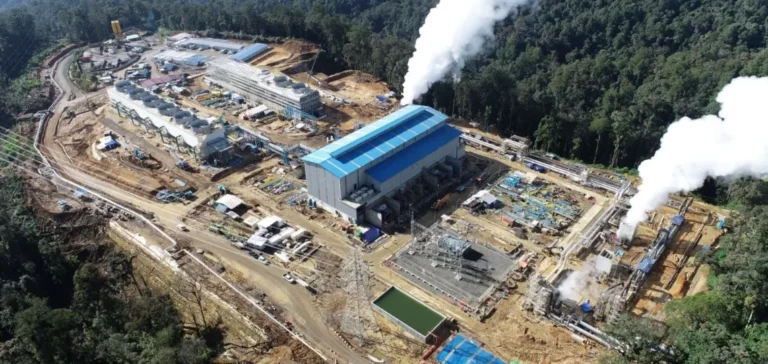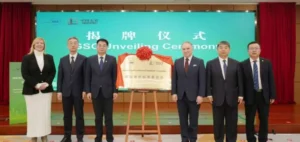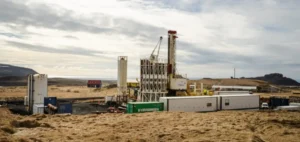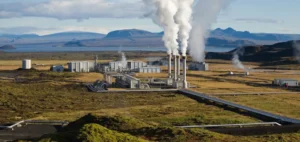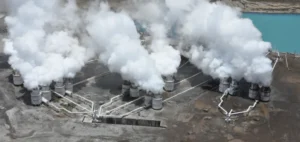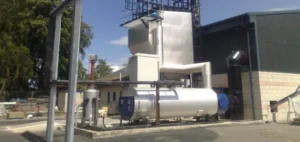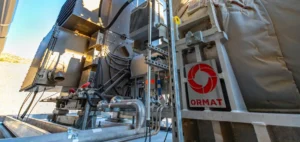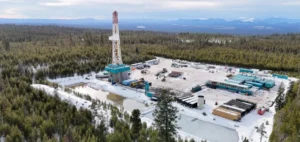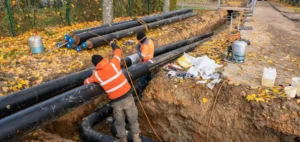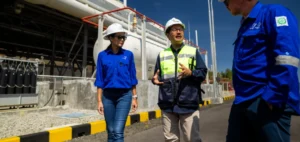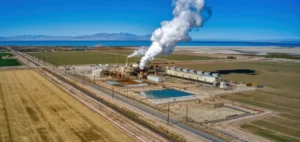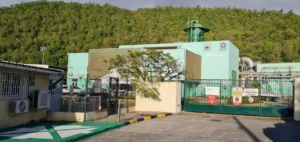Unit 2 of the Lumut Balai geothermal power plant, located in South Sumatra Province, Indonesia, has achieved a significant milestone by being synchronized for the first time with the national electricity grid managed by Perusahaan Listrik Negara (PLN), the country’s public electricity provider. Synchronization was conducted at an initial output of approximately 5.5 MW, representing 10% of the total planned capacity of 55 MW. This procedure is an essential technical step preceding commercial operation, scheduled for the end of June 2025 according to information provided by Pertamina Geothermal Energy (PGEO), the company operating the site. This initial phase enables technical teams to confirm safety conditions and operational stability before progressively ramping up the unit.
Testing Phase and Projected Schedule
The Lumut Balai geothermal plant will reach a cumulative capacity of 110 MW following the full commissioning of Unit 2, complementing the 55 MW already operational at Unit 1, which commenced commercial operations in 2019. To ensure operational reliability, the current synchronization involves rigorous testing procedures designed to verify technical compliance with national and international electricity standards. The primary objective during this testing phase is to minimize technical risks that could compromise the long-term performance of the unit.
The next procedural stages involve gradually increasing electrical load until achieving nominal capacity, with ongoing monitoring of technical performance and grid integration. Commercial operation for Unit 2 is planned for late June 2025, significantly enhancing local electricity production from geothermal resources. Once fully operational, the unit is expected to generate approximately 481 GWh annually, enough to power around 252,000 homes.
Industrial Context and Economic Implications
This industrial project is managed by Pertamina Geothermal Energy in partnership with Mitsubishi Corporation, SEPCO III Electric Power Construction Co., Ltd., and PT Wijaya Karya (Persero) Tbk. Financing was partly secured through a concessional loan provided by the Japan International Cooperation Agency (JICA), estimated at approximately 155 million US dollars. This international collaboration highlights growing interest from energy companies in Indonesia’s geothermal resources, which hold significant potential due to the country’s geological location.
The upcoming commissioning of Unit 2 aligns with Pertamina Geothermal Energy’s strategic goal of reaching a total installed capacity of 1 GW in the short term, and 1.7 GW by 2034. This capacity expansion aims to meet rising electricity demand in the region while reducing Indonesia’s reliance on imported fossil fuels. Indonesia thus continues developing its energy portfolio by diversifying electricity generation sources, driven equally by economic reasons and energy security imperatives.


